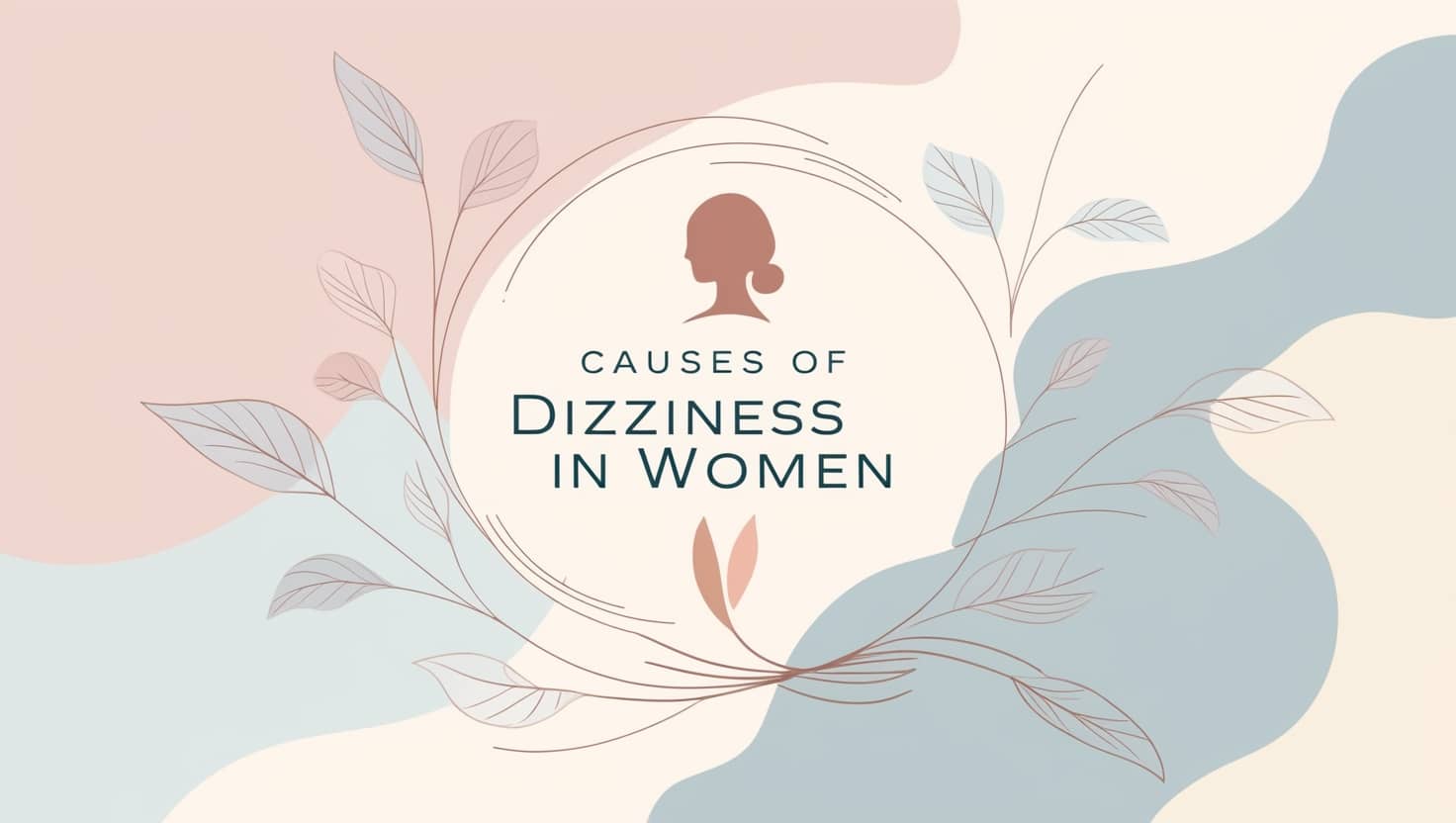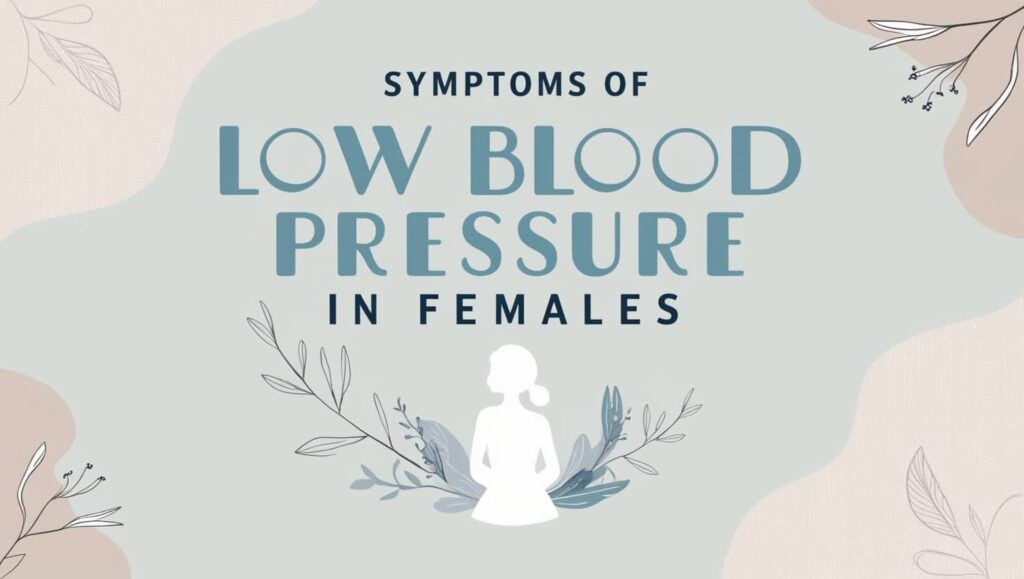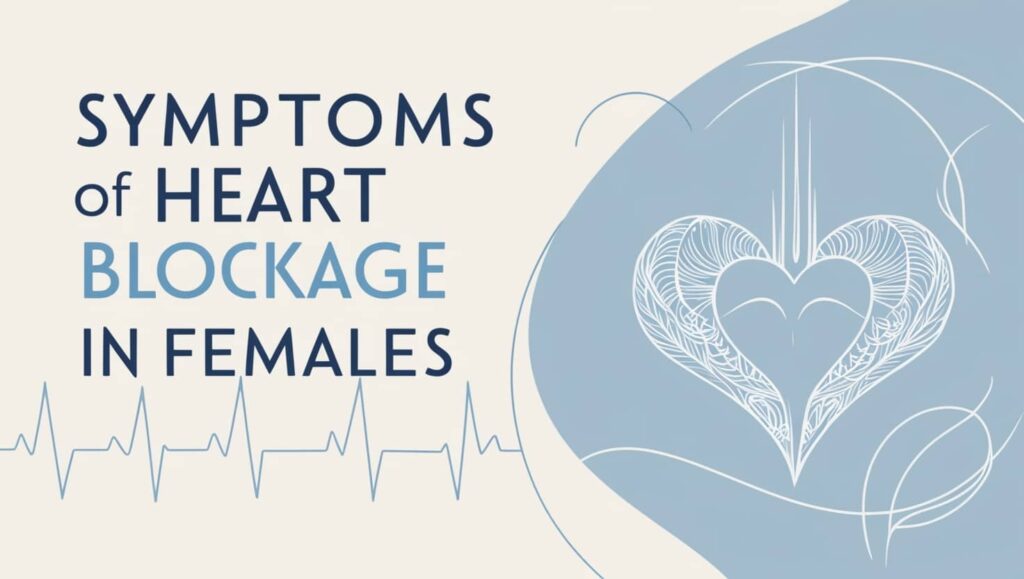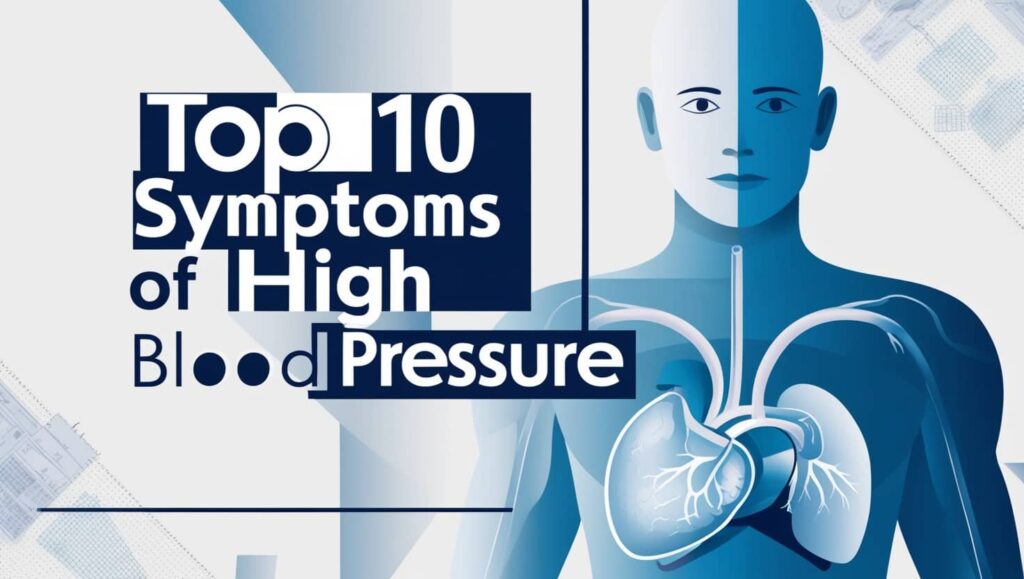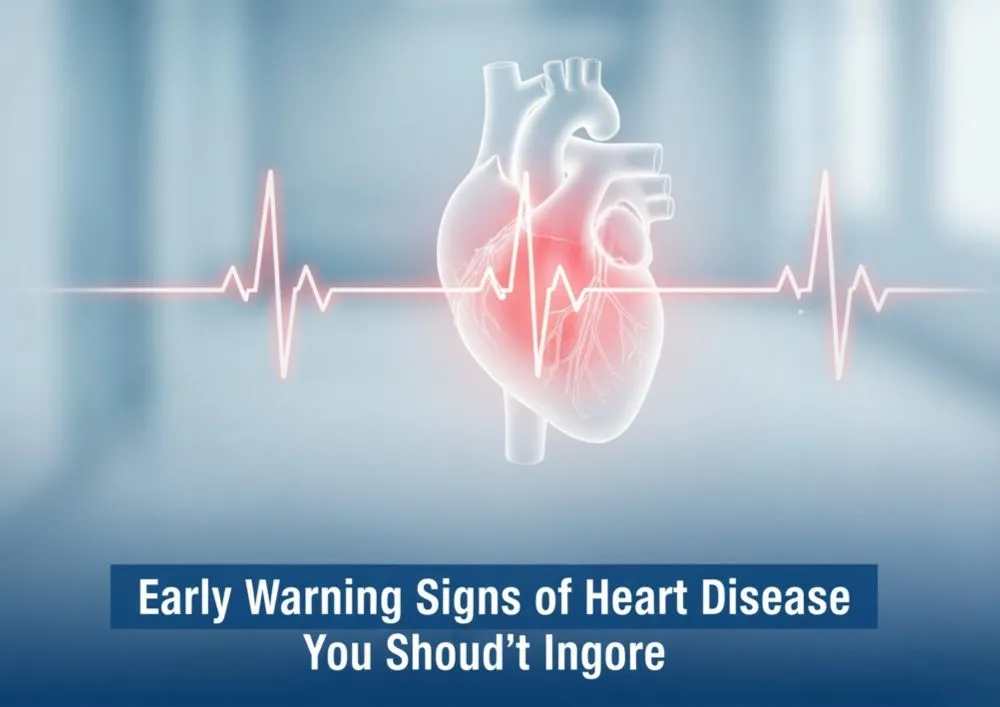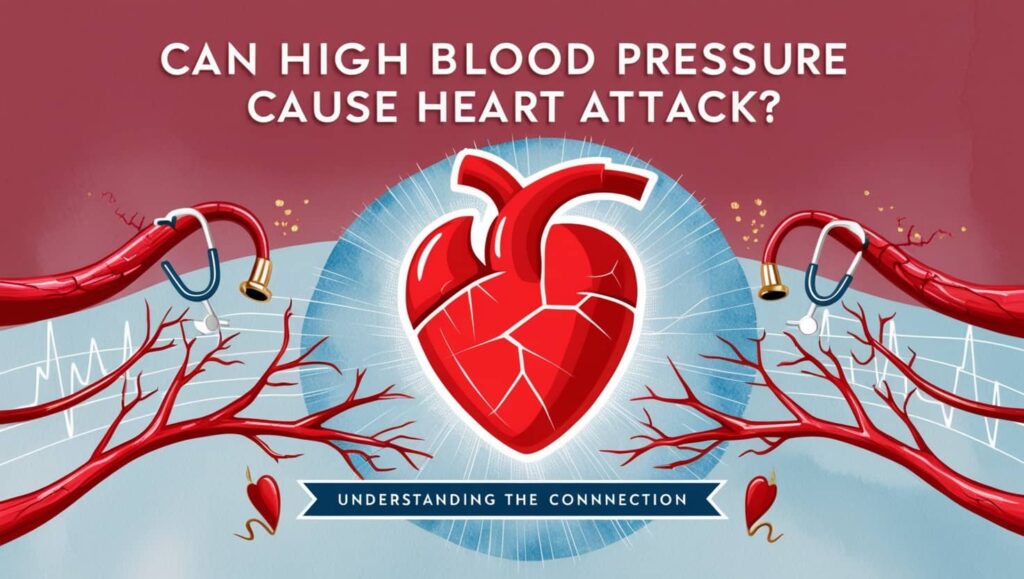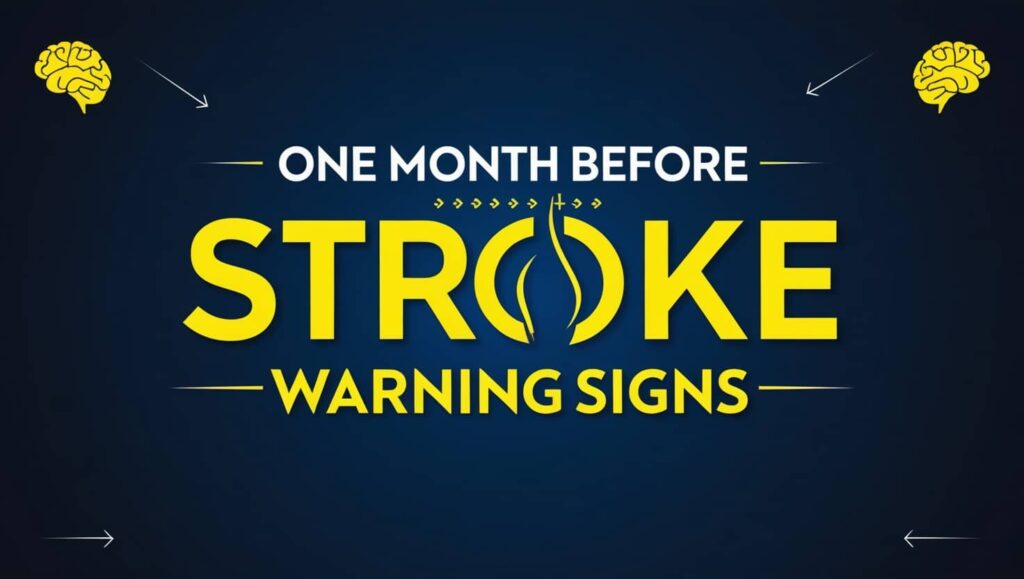Dizziness can refer to various feelings, including feeling weak, unsteady, faint, or dizzy. It is among the more frequent causes for which adults seek medical attention. Constant dizziness or frequent episodes of vertigo might harm your life. However, dizziness is rarely a sign of a serious illness.
Symptoms
When experiencing dizziness, people may report symptoms like:
- Vertigo is a different term for a feeling of motion or spinning.
- Feeling faint or dizzy.
- Unsteadiness
- A sensation of lightheadedness.
Walking, rising, or shifting your head can cause or exacerbate these sensations. Gastric symptoms might go along with your dizziness. Or you can get sudden or severe dizziness that requires you to lie down or sit down. It could last a few seconds or several days, and it could recur.
Causes
Dizziness has a wide range of origins. In general, it can be divided into three categories: cardiovascular, peripheral/vestibular, and central/neurologic.
- Cerebellar or brainstem strokes, as well as posterior circulation transient ischemic, are central causes of dizziness.
- Vestibular schwannomas, vestibular migraines, Meniere’s disease, bilateral vestibulopathy, benign paroxysmal positional vertigo (BPPV), and superior canal dehiscence syndrome are examples of peripheral causes.
- Orthostatic hypotension, presyncope, vertebral artery dissection, and dysrhythmias are examples of cardiovascular causes.
Dizziness can also result from the side effects of several medications, such as tranquilizers, antidepressants, sedatives, and anti-seizure drugs, disorders of anxiety, anemia, hypoglycemia, poisoning from carbon monoxide, and either being overheated or dehydrated.
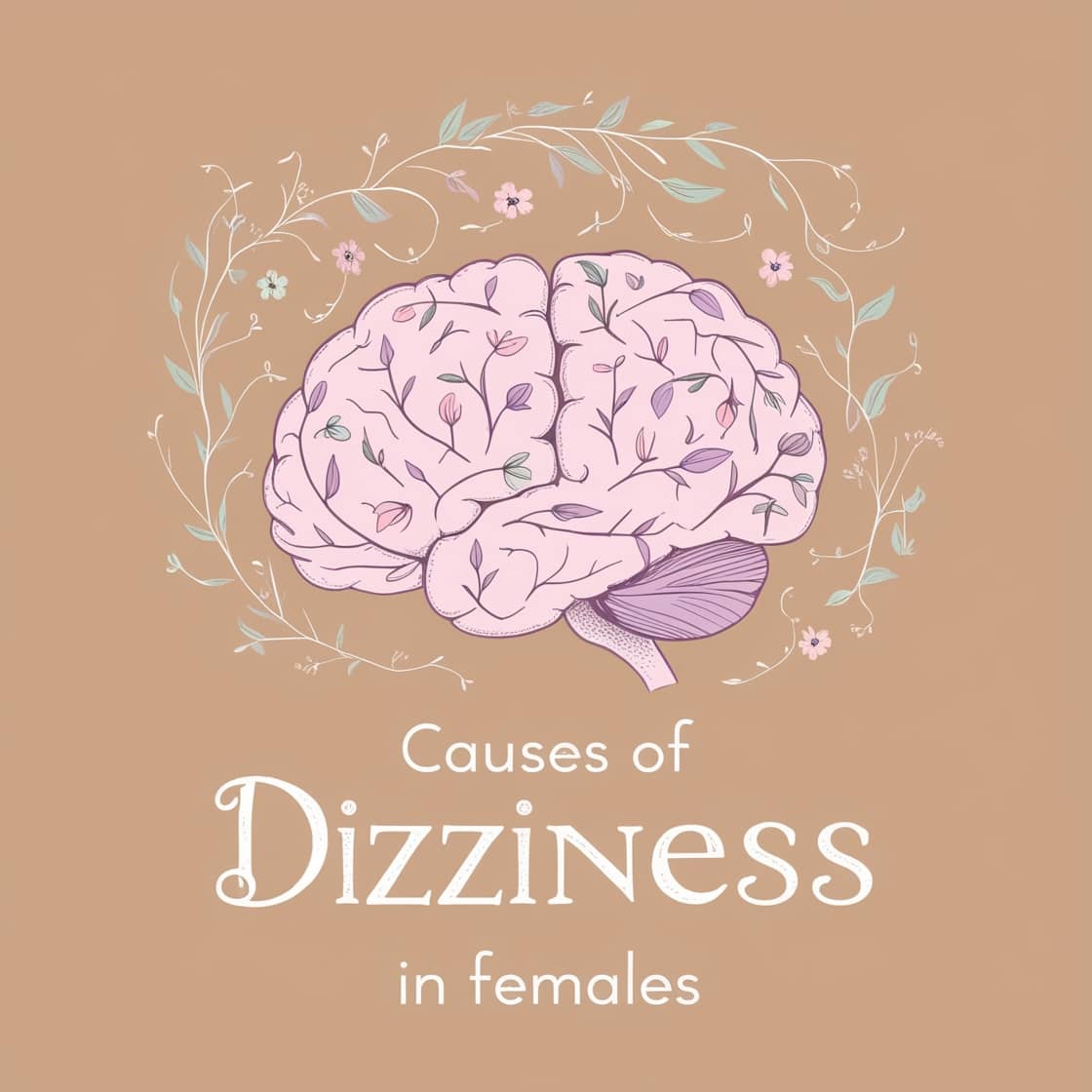
Causes of Dizziness in Females
Several factors, such as low blood pressure, low blood sugar, dehydration, stress or worry, and inner ear disorders, might contribute to dizziness in women. Anemia, migraines, drugs (particularly blood pressure drugs), and motion sickness can all be additional factors.
For a precise diagnosis and course of therapy, it’s critical to speak with a healthcare professional.
Sudden Dizziness While Sitting; What Are the Possible Causes?
One of the primary reasons for sudden dizziness that can occur while sitting or standing is orthostatic hypotension, a form of low blood pressure that occurs when blood vessels fail to efficiently constrict when standing. This can cause lightheadedness and dizziness. Other potential causes include dehydration, severe drug responses, or sudden changes in position. Drink plenty of water, and carefully get out of a sitting or reclined position.
What if I Woke up Feeling Dizzy and Off-Balance?
People may wake up feeling dizzy and unsteady for an array of causes, including moving fluid in the inner ear, dehydration, low blood pressure, or conditions like benign paroxysmal positional vertigo (BPPV) or sleep apnea. It’s important to consider whether medications might be the cause of the issue and to drink sufficient amounts of water. If these sensations persist, it is advisable to see a healthcare professional to rule out any underlying medical issues.
Read Also: What Are the Top 10 Symptoms of High Blood Pressure?
Diagnosis of Dizziness
A thorough history and physical examination serve as the foundation for a provider’s diagnostic workup for dizziness complaints. In most cases, doctors shouldn’t use imaging or lab data alone to determine the cause of dizziness. Instead, imaging and laboratory tests should be used to confirm a clinical suspicion. An electrocardiogram (EKG) and point-of-care glucose testing should be performed on any patient who has symptoms of vertigo or imbalance. Hypoglycemia and arrhythmias are potentially lethal illnesses that can be promptly addressed if detected.
If there is clinical suspicion that the symptoms may be of central neurologic origin, the patient should have a head magnetic resonance imaging (MRI) head and neck CTA and a non-contrast head CT scan. People may also benefit from carotid Doppler ultrasounds and an echocardiography with bubble studies to complete a stroke workup. An echocardiography is also highly useful for evaluating a cardiovascular cause.
Treatment & Management
The goal of treatment is to deal with the primary cause of the patient’s symptoms.
- Treatment options for Benign Paroxysmal Positional Vertigo include vestibular therapy, the Epley maneuver, and medicines like meclizine.
- Usually, salt restriction and diuretics are used to treat Meniere’s disease. In serious cases, an otolaryngologist may perform endolymphatic sac surgery or administer intratympanic dexamethasone or gentamicin.
- Antiemetics and vestibular suppressants, such as dopamine antagonists, benzodiazepines, or antihistamines, can be used in supportive therapy for vestibular neuritis. Additionally, vestibular rehabilitation and maybe steroids can be used to treat it.
- Reassurance and lifestyle changes are frequently used to treat vestibular migraines, but occasionally preventative drugs such as metoprolol, amitriptyline, topiramate, valproic acid, or flunarizine are needed.
- Orthostatic hypotension: Increasing water consumption, checking the prescription list, changing one’s lifestyle, and occasionally adding Midodrine or a mineralocorticoid to a regular drug regimen can all help
What Helps Dizziness Naturally?
A natural remedy for dizziness, try the Epley maneuver, which can help reduce vertigo symptoms. Successful acupressure remedies include taking vitamin D supplements, drinking ginger tea, and drinking lots of water. A healthy diet, stress reduction, and adequate sleep are also essential. For people who are experiencing nausea and vomiting, herbal remedies or some over-the-counter drugs may be helpful. Before starting a new treatment, you should always get advice from your healthcare professional.
Summary
Because dizziness has so many distinct causes, multidisciplinary care is often required. Effective inter-professional communication is crucial to patient treatment and optimal outcomes since dizziness can have a wide range of reasons. Whether in an emergency room or an office setting, the entire medical staff plays a critical role in identifying the cause of dizziness. From the nurses or other staff taking vital signs and doing triage to the doctor evaluating the patient, the staff performing testing, and the consultation with consulting specialists, every piece of information is essential to the treatment of the dizzy patient.
Read Also: Psychological Effects of Chronic Pain
References
- Ward, B. K., van de Berg, R., van Rompaey, V., Bisdorff, A., Hullar, T. E., Welgampola, M. S., & Carey, J. P. (2021). Superior semicircular canal dehiscence syndrome: Diagnostic criteria consensus document of the committee for the classification of vestibular disorders of the Bárány Society. Journal of Vestibular Research, 31(3), 131–141.
- Davis, A. J., & Pozun, A. (2023). Evaluation of the dizzy and unbalanced patient. In StatPearls [Internet]. StatPearls Publishing. Available from https://www.ncbi.nlm.nih.gov/books/NBK589645/.
- Neuhauser, H. K. (2016). The epidemiology of dizziness and vertigo. In Handbook of Clinical Neurology (Vol. 137, pp. 67–82).

